After Bacalaureat, presented in 2016, Romanian director Cristian Mungiu returns with R.M.N. to the Cannes Film Festival to diagnose his country, but also Europe. If in that film he started from a family anecdote to describe corruption and the individual’s need to achieve his goals at any price, in his new film, set in a rural community in Transylvania, Mungiu expands his object of study to analyze the reality of a world in extinction and the birth of a new order. With the same asepsis with which he films a 17-minute fixed shot and the apparently balanced distance with which he allows those members of society who represent the forces holding back the progress of humanity to express themselves, the Romanian director offers us an outstanding film that more than fulfills its objectives.
The pace and the dosage of information, the way the intimate and the political are woven together and the relentless portrayal, in well-chosen strokes, of the protagonist Matthias (Marin Grigore) make us recognise the best traits of the director of Beyond the Hills (2012), his pulse and his impassive fierceness. The Transylvanian winter and Christmas are not chosen in vain to set the action, the contrast with the events is all the greater this way. If Mungiu transcends the brutalism and immobilism of a group, their fear of the foreigner, their problems in fitting more than one culture into a single time and space, questioning the legitimacy of their ancestry, it is to lead us to reflect on a Europe in danger, whose weakness lies in its own affiliation.
https://www.youtube.com/watch?v=7_wlg1_PsY0
In R.M.N. (Nuclear Magnetic Resonance), groups of different origins coexist, such as those who live in the region where Hungarians, Germans and Romanians understand each other in their own languages, as is shown when the film’s subtitles change colour so that we perceive the constant changes of language between the characters. In addition to the social group already formed at the beginning of the film and which coexists with a certain degree of normality, three Sri Lankan workers join the conflict, immigrants who will take the jobs rejected by the local workers, who do not accept the minimum wage and prefer to emigrate themselves. On the other hand, a young Frenchman, who is developing an EU project to protect bears, and Mathias, who is called a gypsy in Germany and who suddenly returns home without an openly expressed purpose, but supposedly to win back his lover, will arrive in the village.
The people’s hostility to the foreigners is openly raised in the climax scene, at the meeting of the neighbours, after the unsuccessful efforts of the owner of the factory employing the foreigners to bring them closer together. The opponents who have not hesitated to physically attack the new workers, throwing incendiary bombs into their shelter, will reveal their reasons which to our ears resound like a fearsome electoral programme. The voices calling for understanding and coherence are not heard with the same force, and the intervention of the young Frenchman only serves to attack him for his work.
The main themes that run through R.M.N. are the symptoms of such a diagnosis, which could be provided by the MRI. The images of Papa Paul’s brain, the father figure of Matthias, who is seriously ill, are reviewed over and over again in the mobile, as if trying to decipher an enigma, a visible flaw that would help to understand the illness. Romania, and Europe, are sick and incapable of cure without a profound diagnosis, because the roots of the problem lie in history itself, in the nations that were born out of the struggles, the defence of their borders. As one of the characters says, the West was able to develop because in the meantime we maintained the borders by fighting against the enemies.
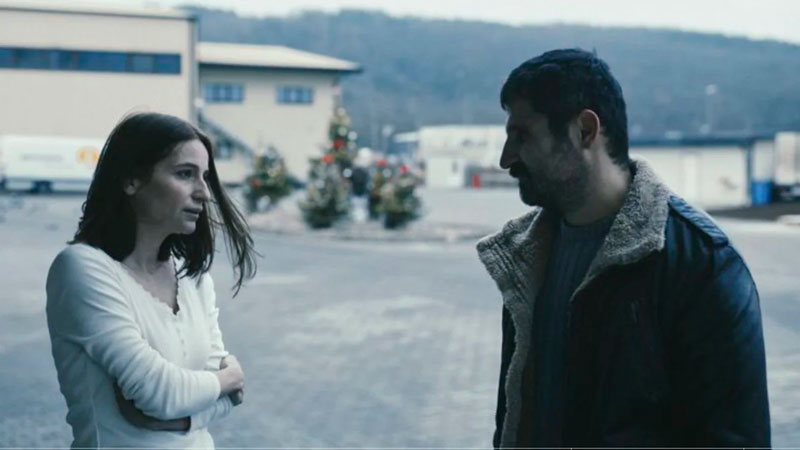
On another level, Matthias’ failure as an embodiment of brutalism, incapable of complex responses to the situations he faces, heavily burdened by the burdens of his patriarchal role, must be armed and respond with violence, guard the honour of his wives and perpetuate in his son the values secularly associated with men. In his relationship with women, there is a latent threat of violence, especially with his wife, while towards his mistress he acts with a certain respect as he is puzzled by her assertiveness and her way of life. The only evolved person in the whole village is Csilla (Judith State), a free woman, living alone in a modern house, who loves music and plays the cello, speaks several languages and knows how to interact with villagers and strangers with equal ease and empathy.
The two extremes of personality are represented by the protagonist couple: Matthias monolithic, even physically compact, and inseparable from traditional beliefs, with no other resources for coexistence than violence and the law of the strongest – he tells his son that he who has mercy dies first – and on the other hand the conciliatory Csilla, accompanied by other positive female characters, who seem to have returned from a trip to the future, to humanise their community. Policemen, mayor and priest, embody the living forces that guarantee the perpetuation of traditions, while the young women represent the defence of tolerance, negotiation, vindication of their rights and those of others, and practicality in the face of sterile immobilism, which they demonstrate by maintaining an industry that creates jobs for the community and benefits from European Community subsidies.
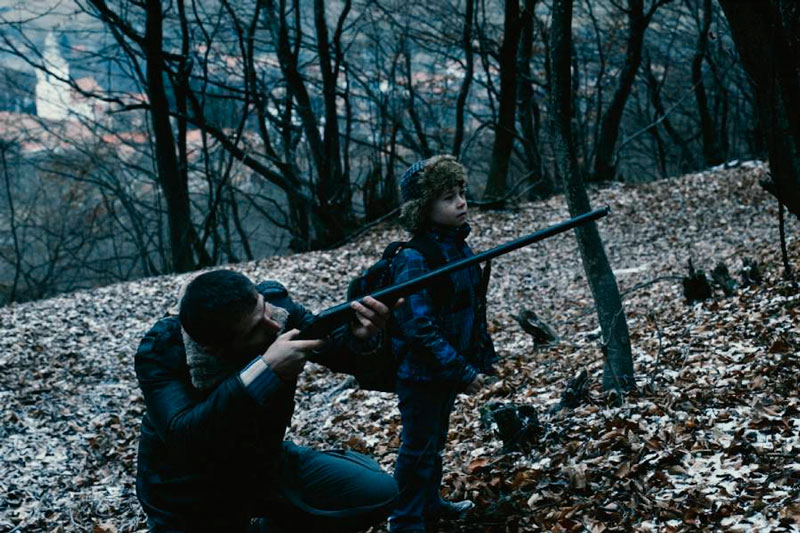
Fitting into Europe is a major theme in the film, which is revealed in various examples, from the change of habits to benefits that they fail to understand, because they interpret them as an imposition. Thus, and above all, the treatment of nature, the protection of the environment and wildlife, which we see represented in the figure of the French conservationist who censes the community of bears, or the closure of the mine to stop the transformation of the landscape and the toxic waste. Mungiu uses various symbols throughout R.M.N. to describe the characters and their relationships (Csilla rehearses the melody of In the Mood for Love every night on her cello), she has become a vegetarian, she rides a bicycle, she is good-natured, she relaxes at night with a glass of wine and her sexuality is free.
Matthias moves around on a noisy motorbike, often carries his rifle, and works as a goat and pig slaughterer. The relationship with his son also serves to illustrate the two different times that coexist at the same time, that of atavism and that of the future evolved according to the values of solidarity, ecology and humanism, egalitarian rights versus machismo and racism. The father teaches the boy to set a trap, and the son releases the prey, Matthias insists on promoting traditional masculinity, aiming him at hockey, while the new times go against him and the boy develops a psychological mutism as a defence. The factory that employs the foreigners is run by two women, his wife understands and helps her son better than the brute of a father, when a few decades ago, she would not have dared to contradict the father… The images of Matthias silent at the gates of Csilla’s house express without words his place and position in this new society that the villagers are so reluctant to tolerate.
Machismo, xenophobia, the destruction of nature, are the traditional values that Mungiu depicts in R.M.N. as a stumbling block to progress if they continue to be passed on to future generations. The metaphor of the forest as home to the mysterious, the unknown and the threatening, runs throughout the film, punctuating the child’s journeys to school as a suspended danger. And it will be from the forest that the answer to so much barbarism appears, the living and wild nature will appear as in a fairy tale as a warning and perhaps as revenge, to stand up to so much ignorance and intransigence.

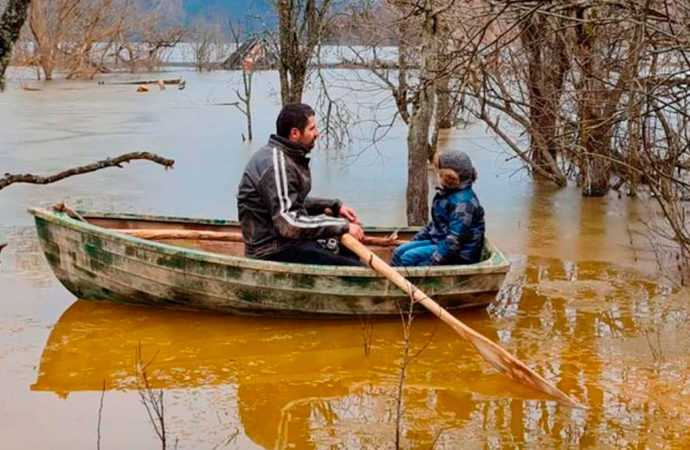

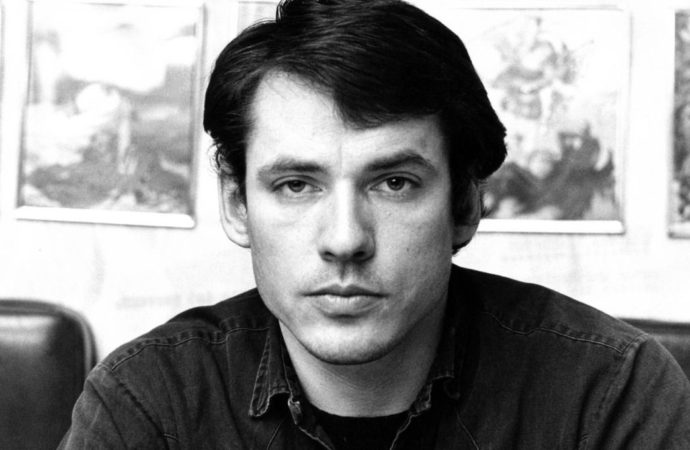
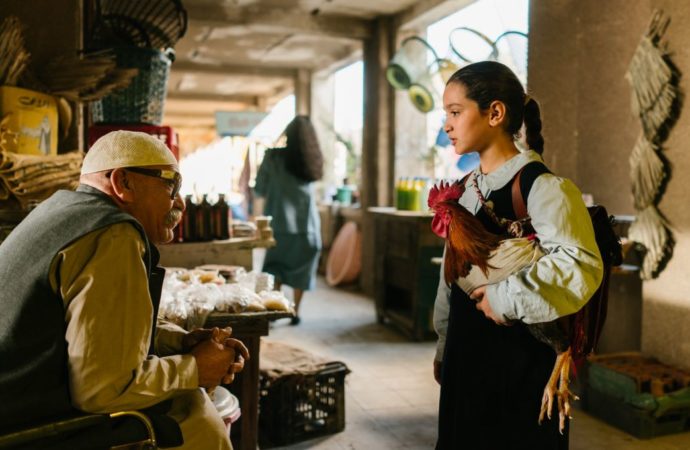
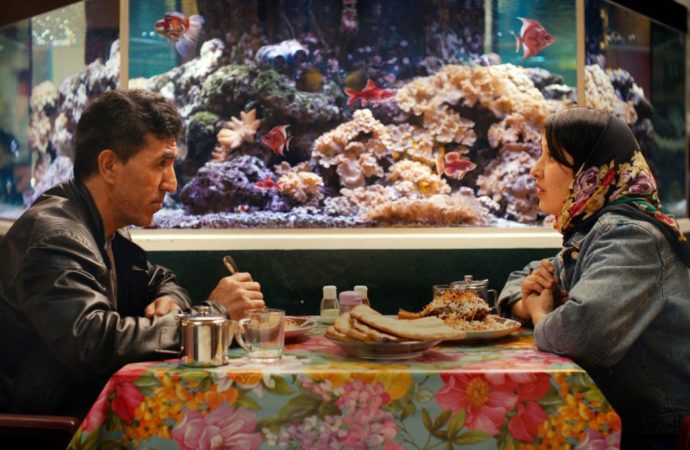

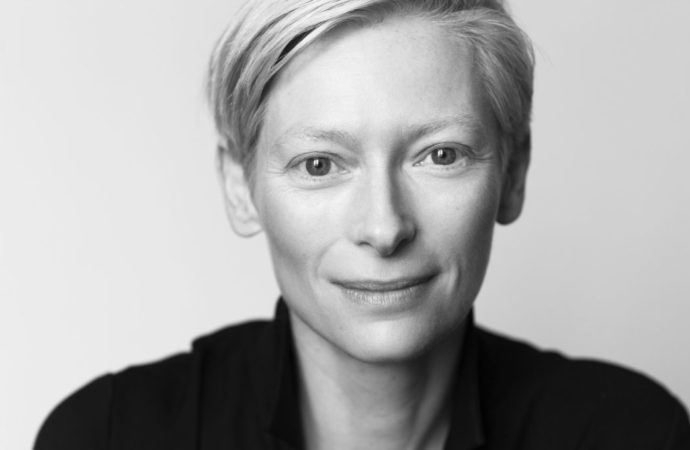
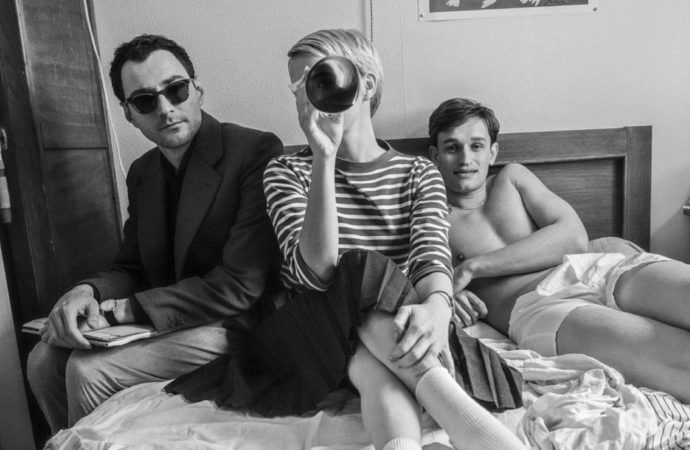
No one has posted any comments yet. Be the first person!